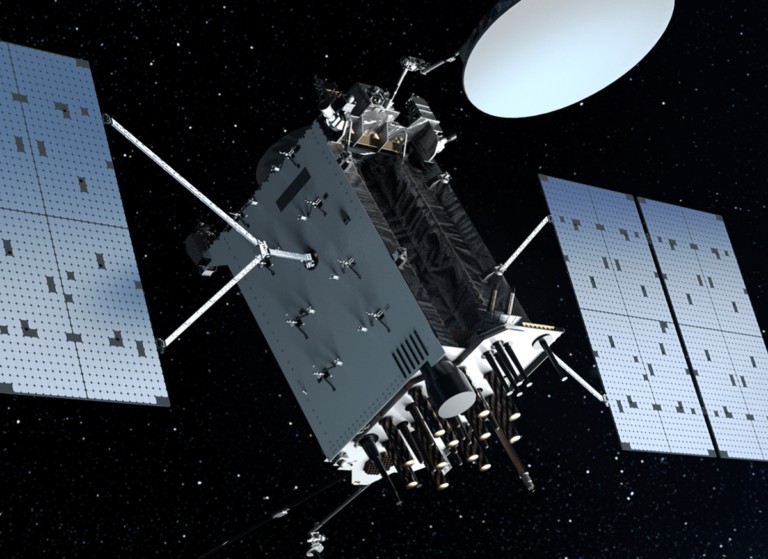WASHINGTON — Lockheed Martin is disputing the prevailing view that military users of the Global Positioning System (GPS) are dangerously vulnerable to service interruptions, saying it is Highlights advanced security features.
GPS has become a critical infrastructure that touches nearly every aspect of modern life and military operations. While GPS is widely recognized as an essential backbone of the global economy, it is also seen as a fragile technological system vulnerable to advanced electronic warfare techniques and signal jamming.
Jesse Morehouse, Lockheed Martin’s director of business development and strategy for positioning navigation and timing, said this narrative overlooks the security upgrades and innovations being developed to enhance GPS.
Concerns about GPS vulnerabilities have been heightened by increasing reports of jamming and spoofing incidents since 2022. Jamming can interfere with GPS signals, and spoofers can tamper with GPS signals to lead users astray. Media reports have noted the relatively low cost of the equipment needed to jam GPS signals, amplifying concerns about system vulnerabilities.
In response, the Department of Defense initiated efforts to mitigate these vulnerabilities. The primary focus is to reduce reliance on GPS by integrating alternative positioning, navigation, and timing (PNT) technologies being developed by the commercial industry.
Lockheed Martin, which makes GPS satellites but not ground systems or user equipment, disputes claims that the system is particularly vulnerable to military users. Mr. Morehouse highlighted the differences between civilian and military GPS signals, especially the advanced military M-code signals.
“The M-code is very difficult, if not impossible, to spoof,” Morehouse said at a recent Lockheed Martin press conference. He clarified that while jamming remains a threat, concerns about spoofing primarily apply to civilian signals. “You can take a commercial airliner off course, but you can’t take a missile off course,” he explained.
He said the next generation of satellites will have enhanced security features, such as stronger and more resistant regional military protection signals. However, some key capabilities remain underutilized until advanced ground systems and user receivers developed by other contractors are fully fielded, a process that has been plagued by delays.
next evolution
GPS satellites are a cornerstone of Lockheed Martin’s space portfolio. In 2018, the company was awarded a $7.2 billion contract to build up to 22 GPS IIIF satellites. Some are already in production.
For civilians, the next evolution is the L5 signal. This is a more powerful and accurate channel that is particularly valuable for civil aviation. However, to fully operate this capability, additional satellites in orbit and modern control systems are required.
For the military, GPS IIIF promises anti-jamming capabilities and improved signal output. The first GPS IIIF satellite is scheduled to be launched in 2027.
Complicating the debate about GPS vulnerabilities is the Department of the Air Force’s Resilient GPS (R-GPS) program. This effort aims to complement existing GPS systems with small, low-cost satellites based on commercial designs. The Space Systems Command plans to launch up to eight R-GPS satellites by 2028, with additional launches planned in stages.
The program, in partnership with companies such as Astranis, AXT, L3Harris, and Sierra Space, is designed to provide a subset of GPS signals that are compatible with both military and civilian receivers.
Space Systems Command says R-GPS is not a replacement for GPS, but rather an additional layer of resiliency.
Jeff Schrader, Lockheed Martin Space’s vice president of strategy and business development, emphasized that the new program is not in competition with GPS IIIF. “You will never hear the Space Force say R-GPS will replace GPS,” Schrader said. “What they’re saying is we’re going to work together.”
Morehouse cautioned against what he believed to be an exaggerated narrative of systemic risk in GPS. “It’s much more nuanced than just GPS magically disappearing one day.” The robustness of the system is often underestimated, he argues.


